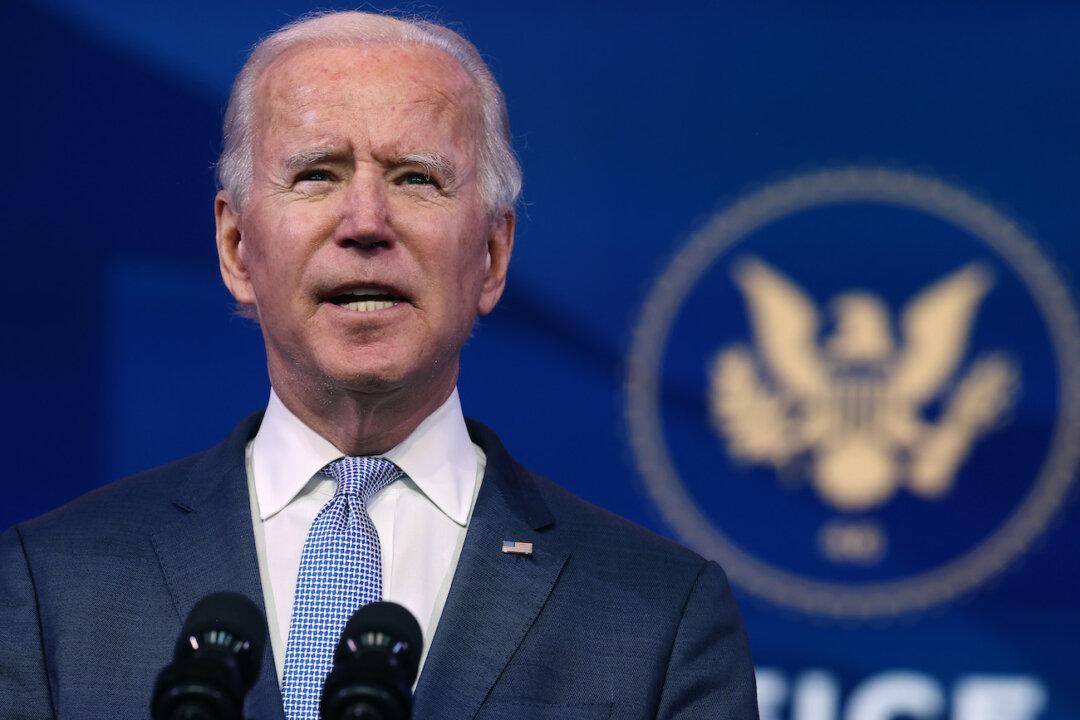Commentary
G.K. Chesterton somewhere observed that an inconvenience, looked at in the right spirit, is an adventure, not an inconvenience.

G.K. Chesterton somewhere observed that an inconvenience, looked at in the right spirit, is an adventure, not an inconvenience.